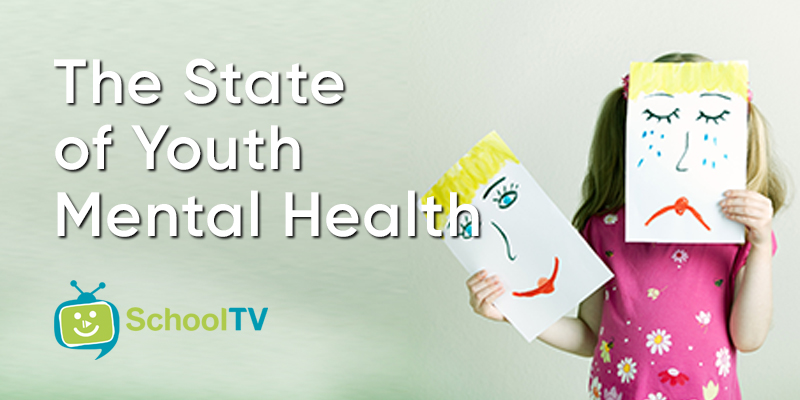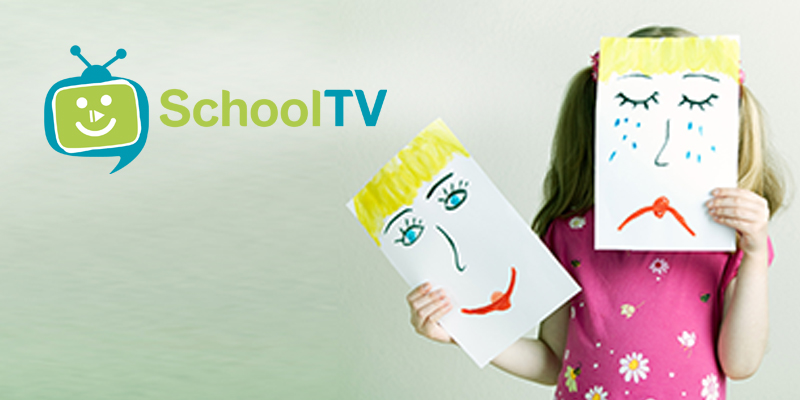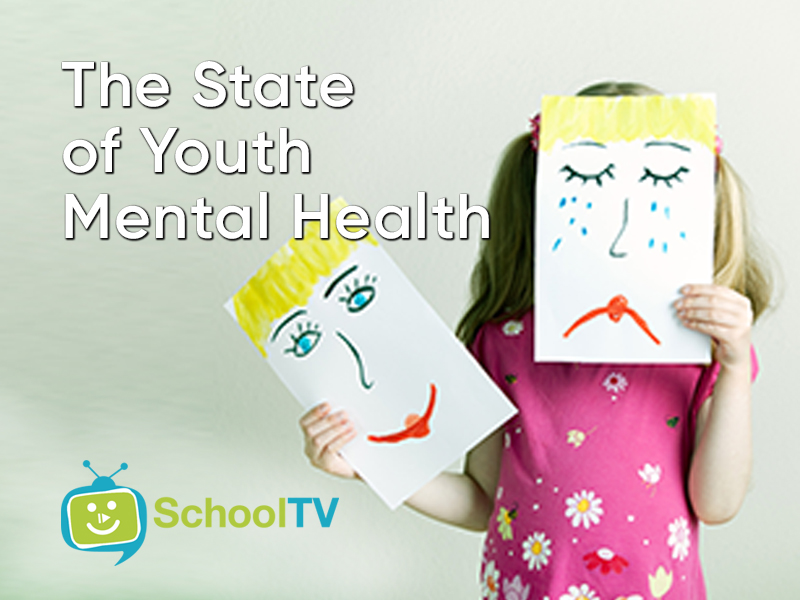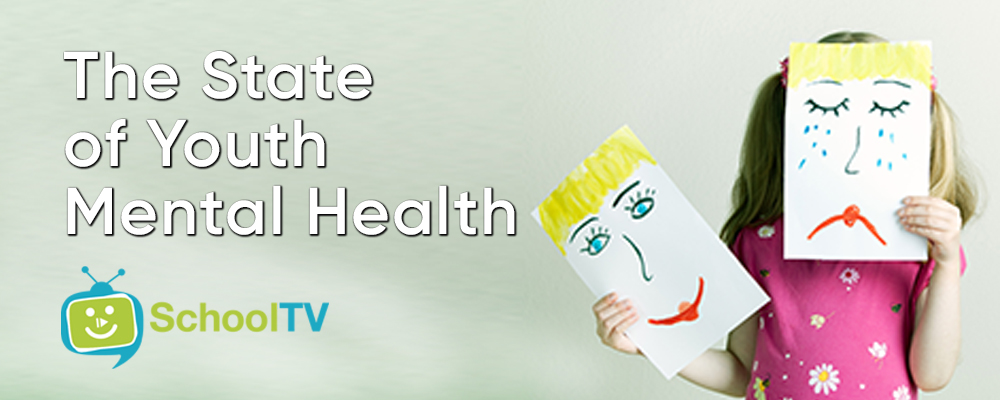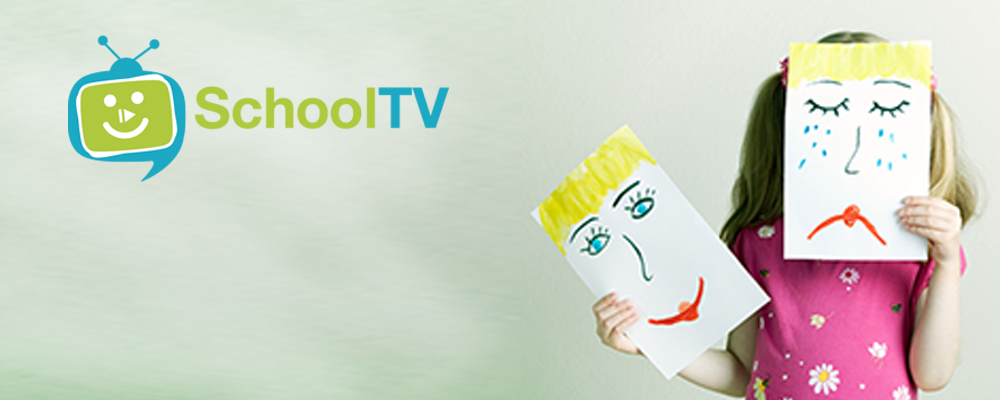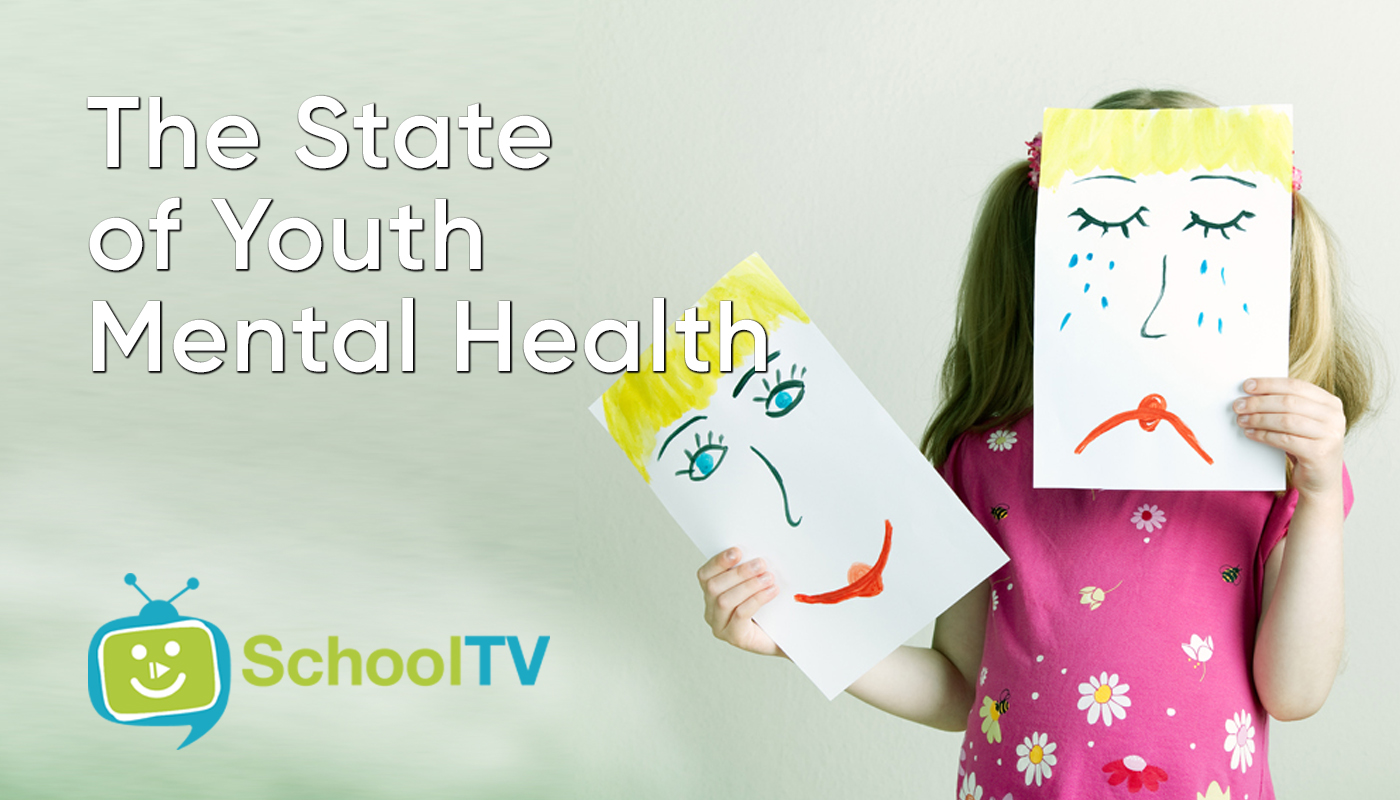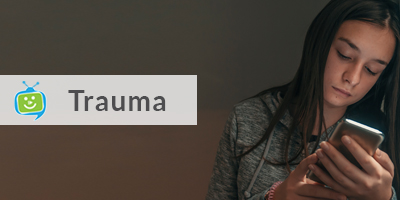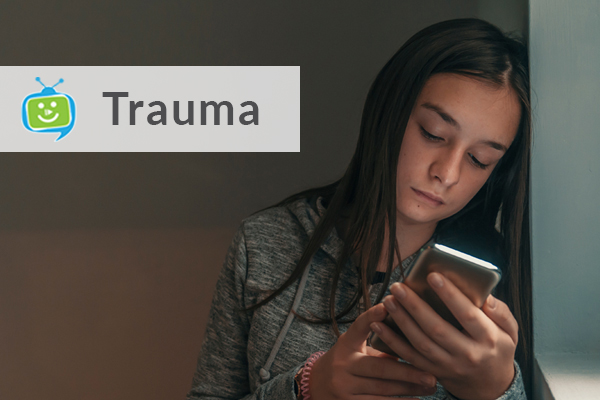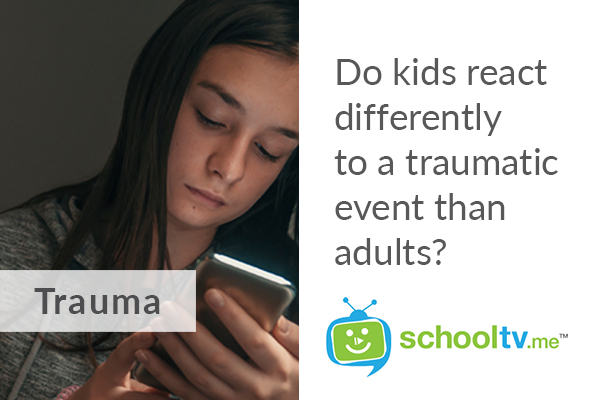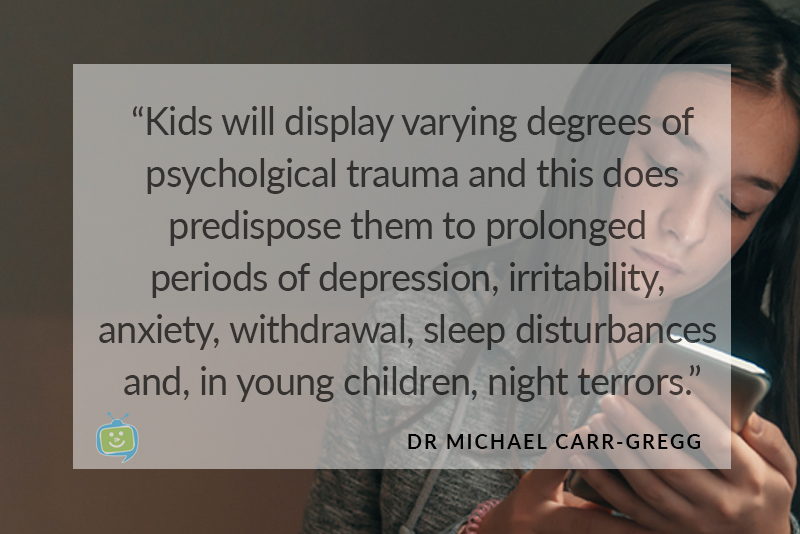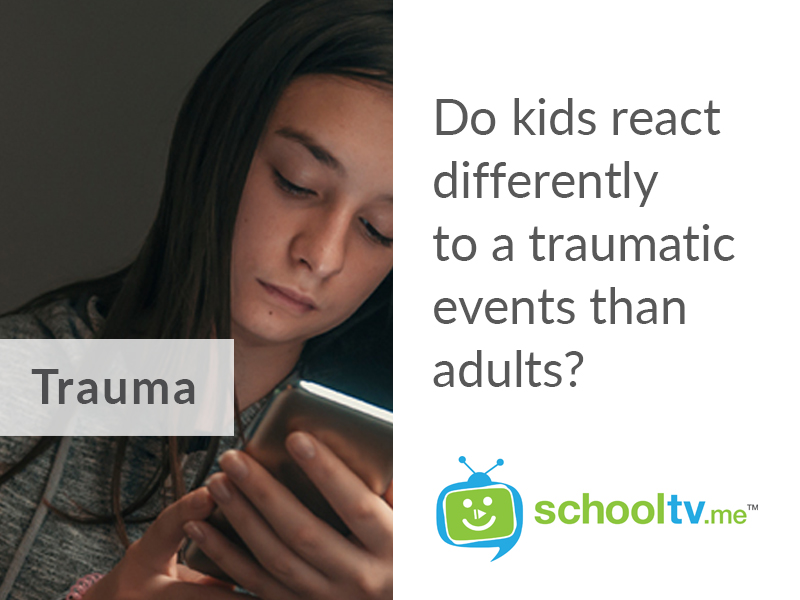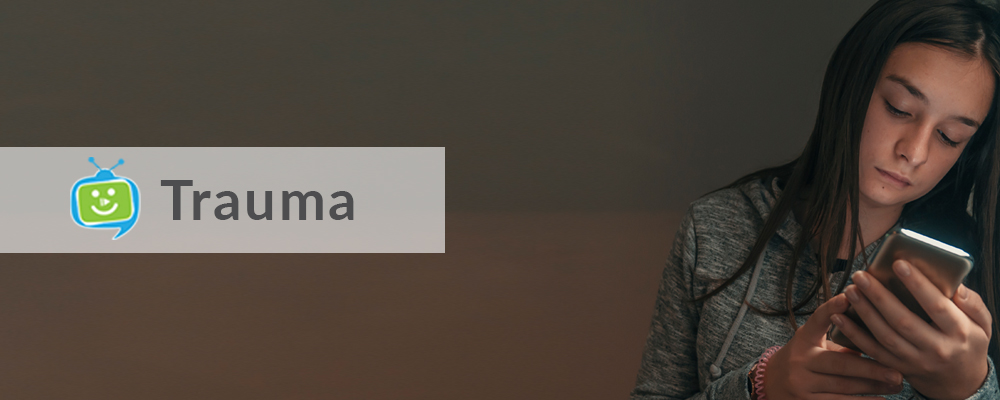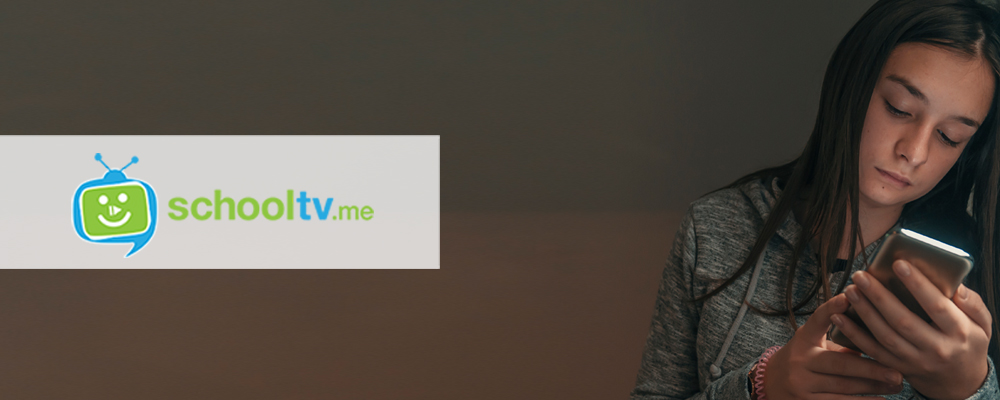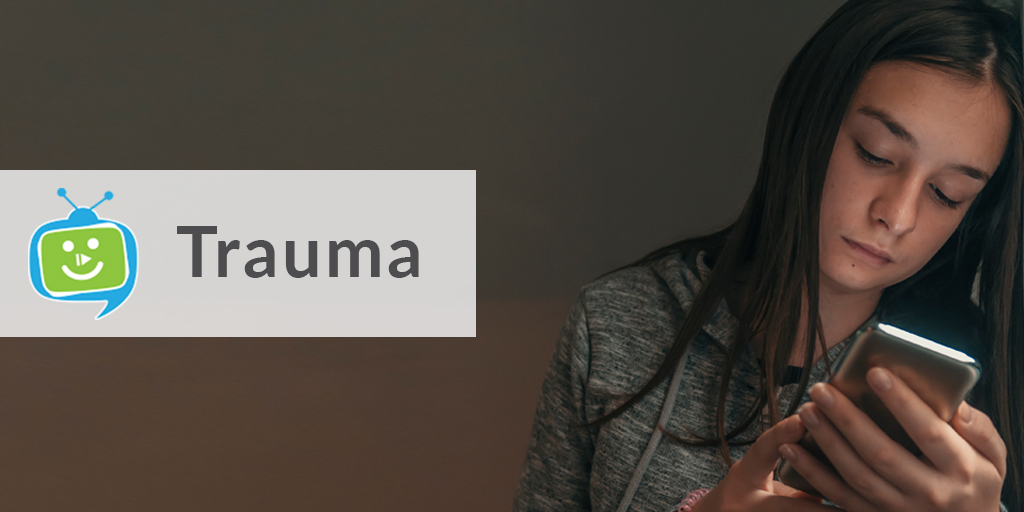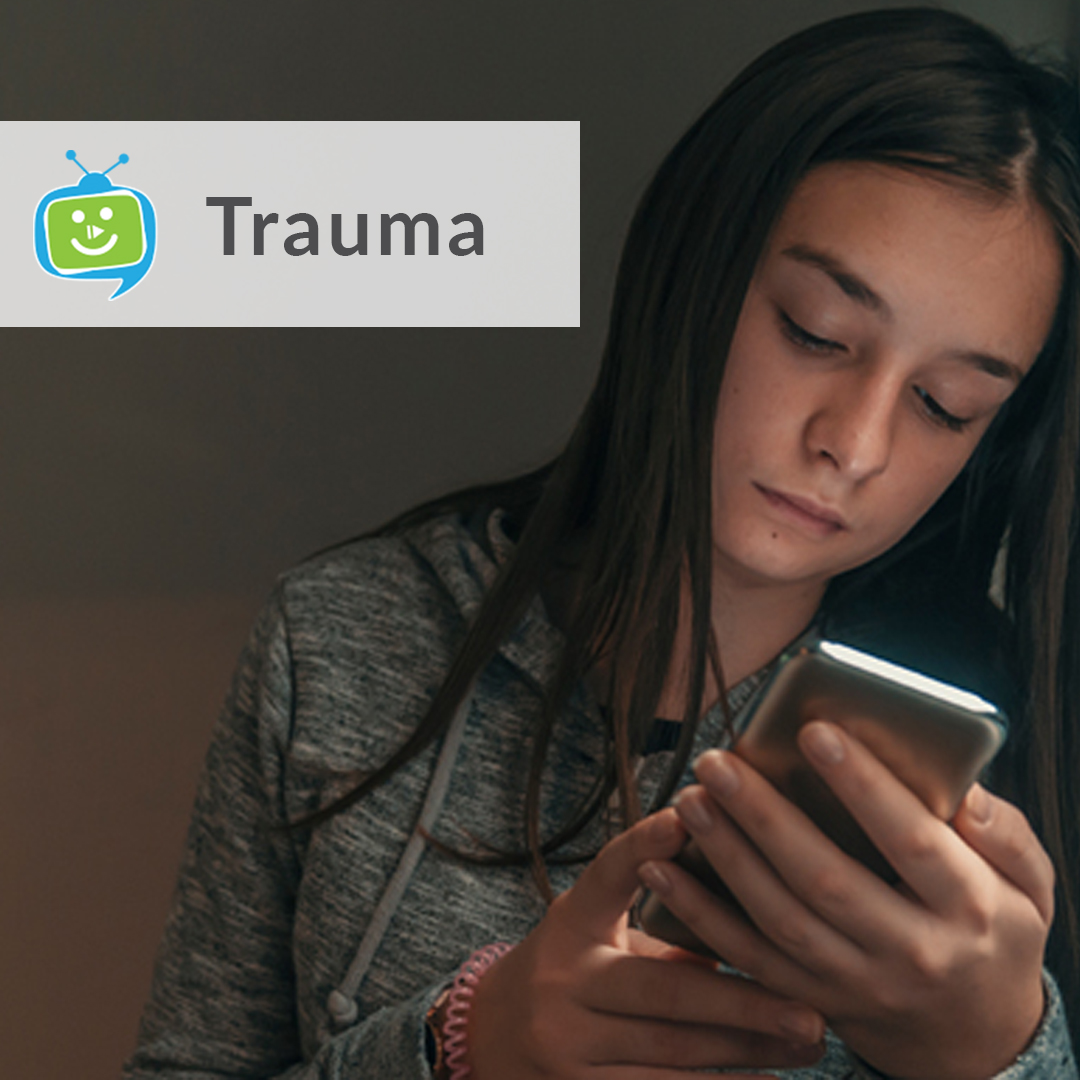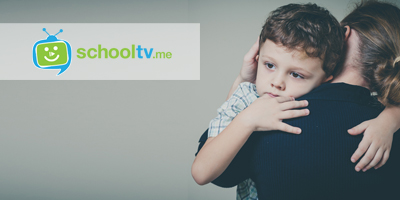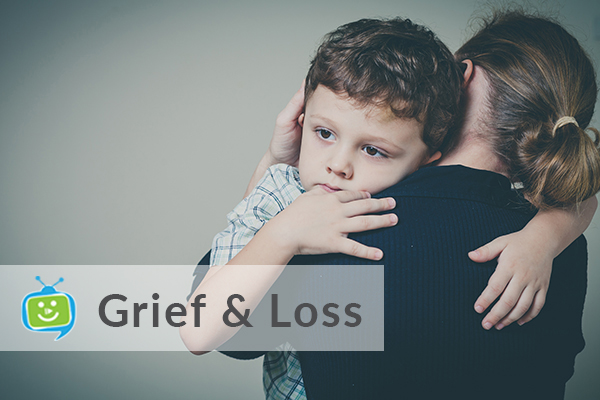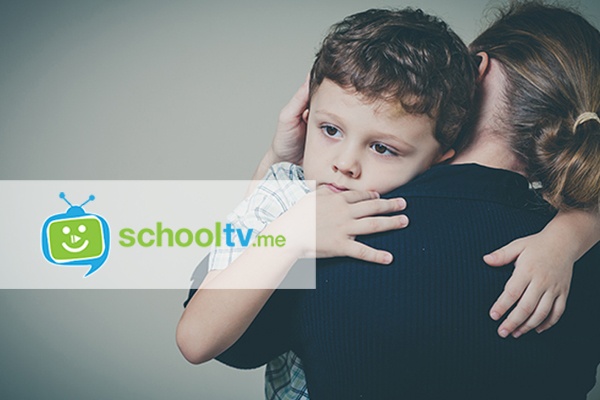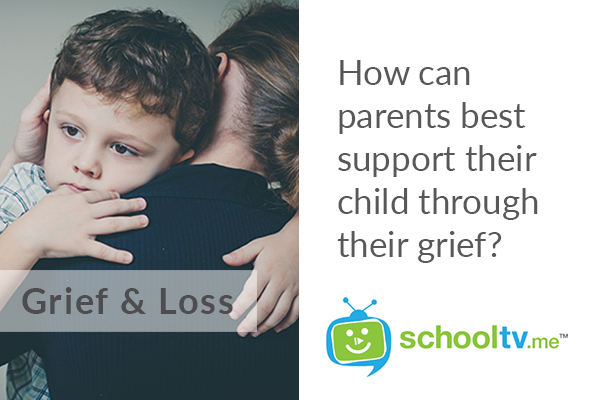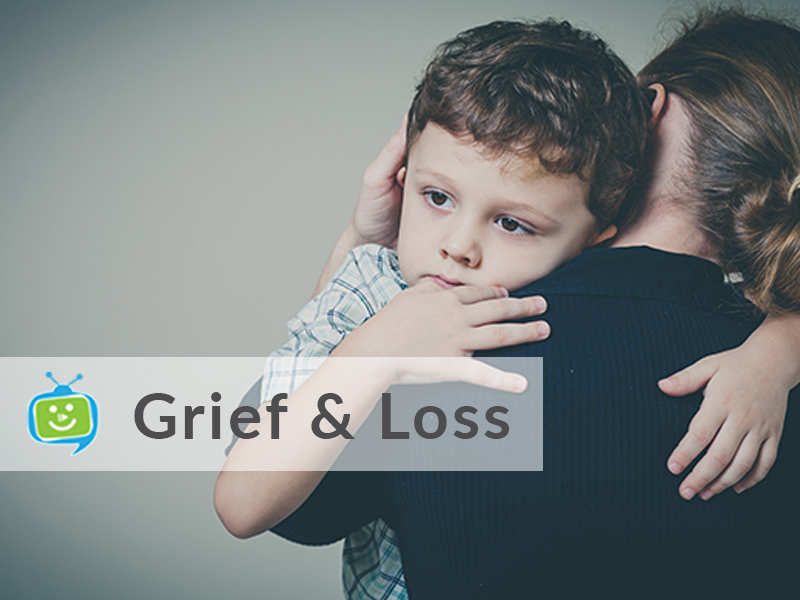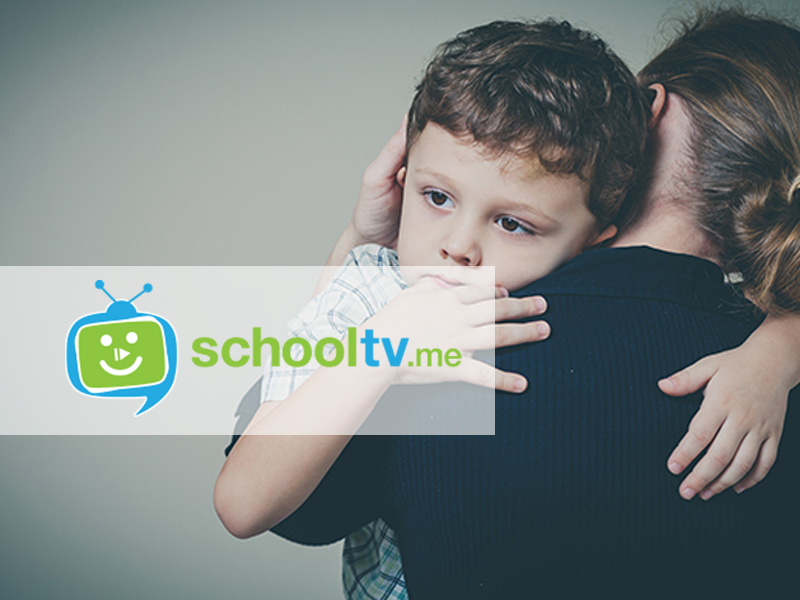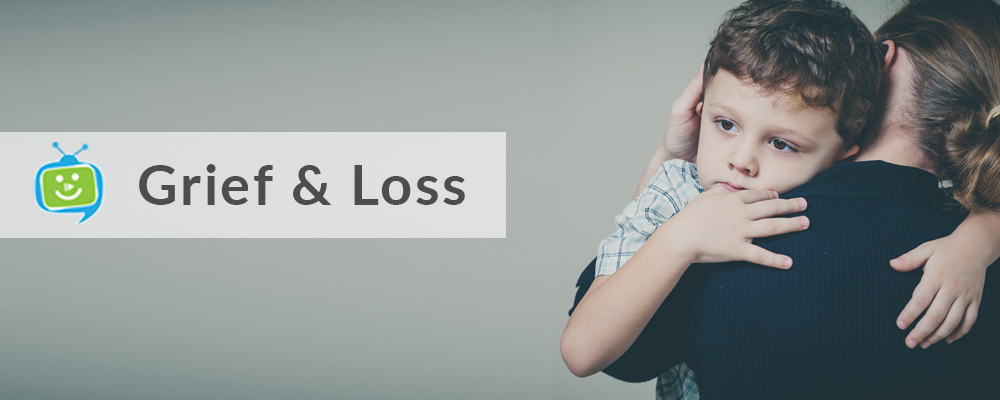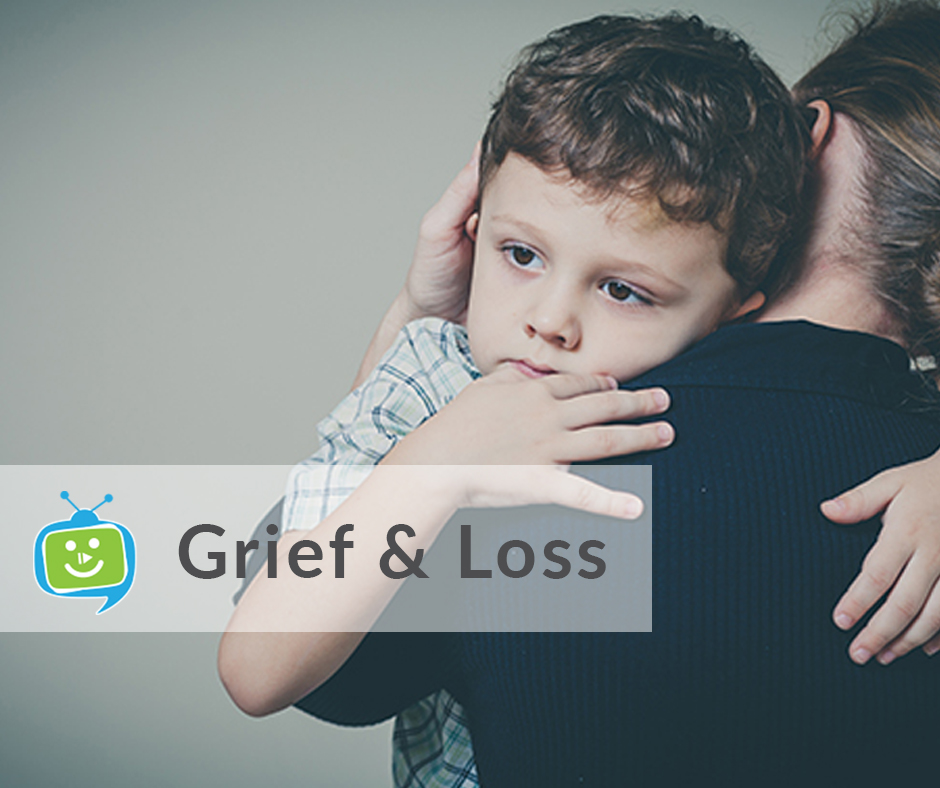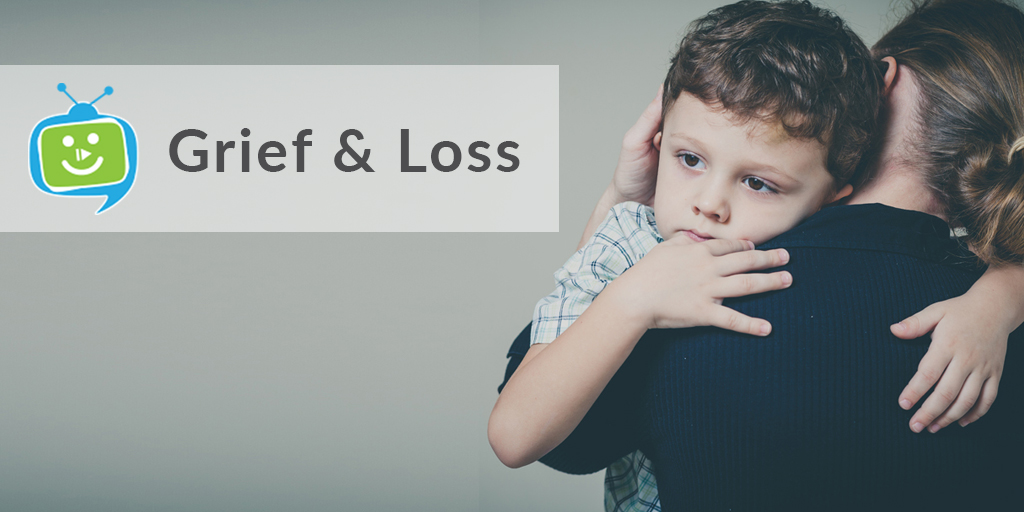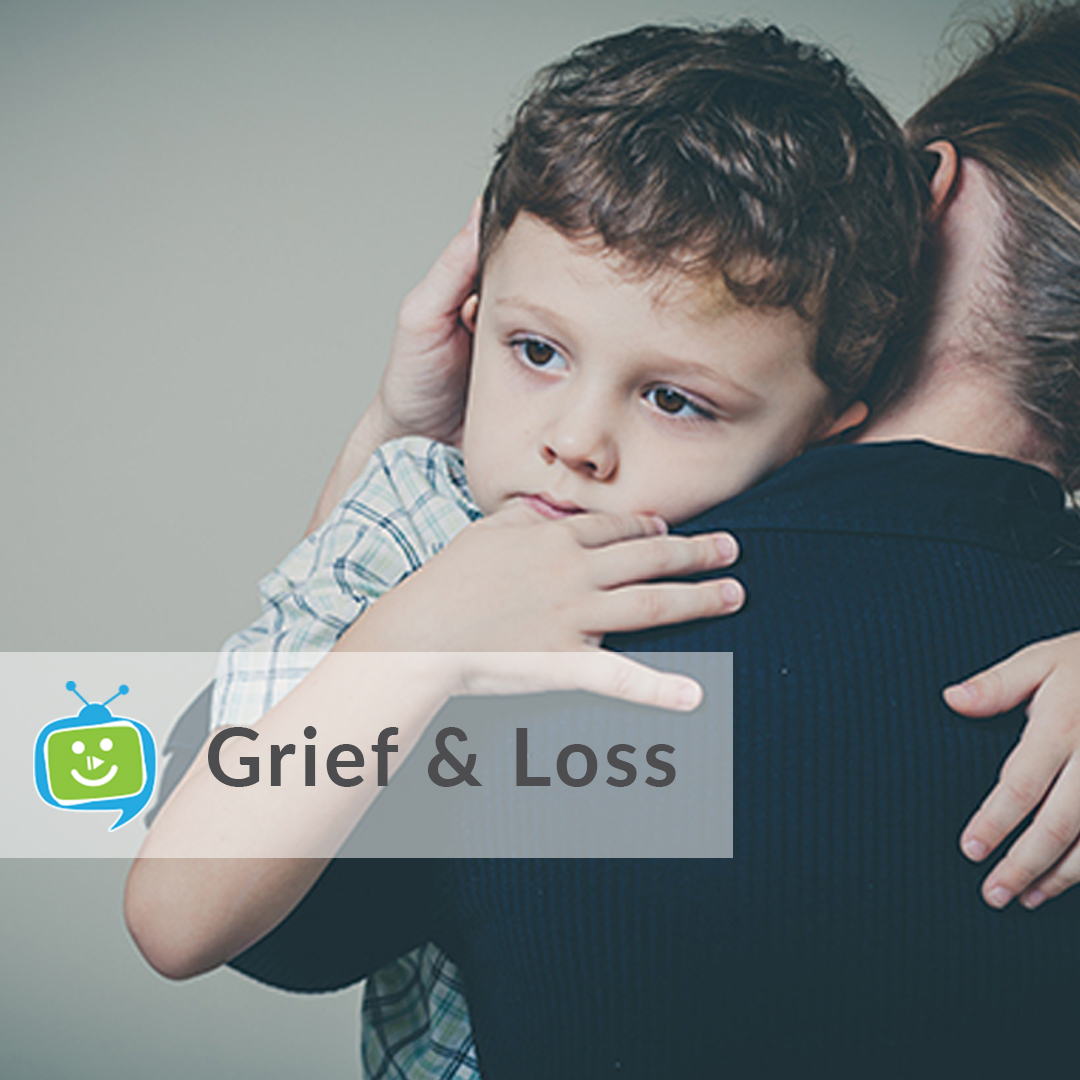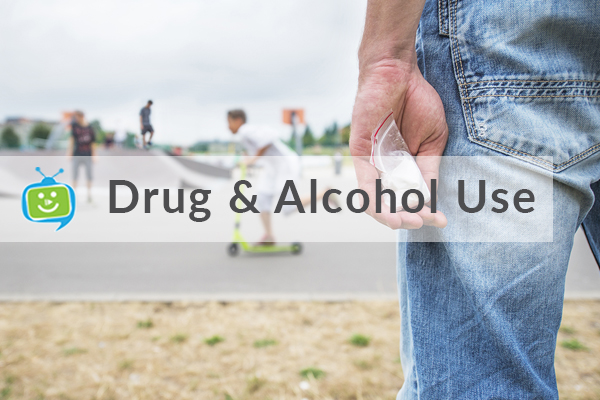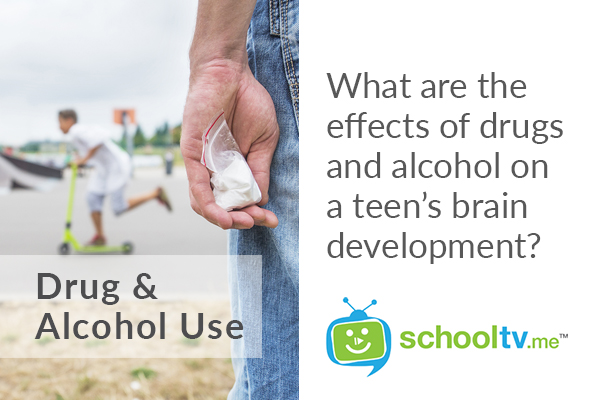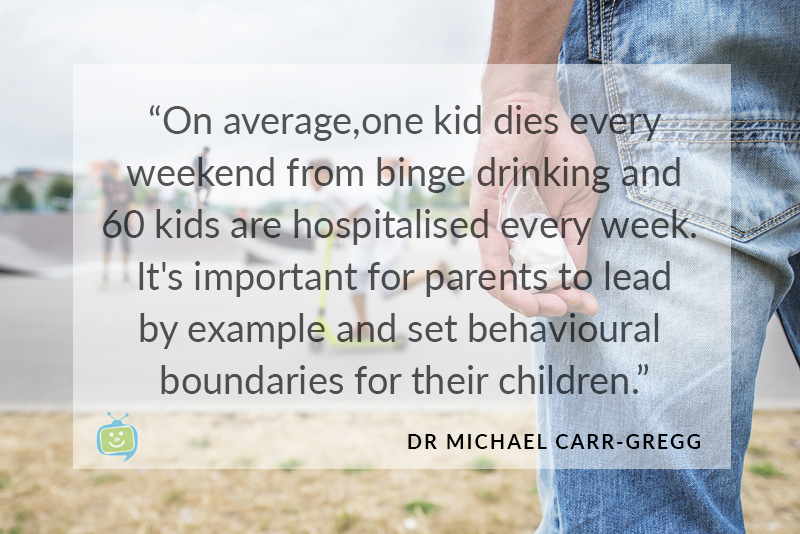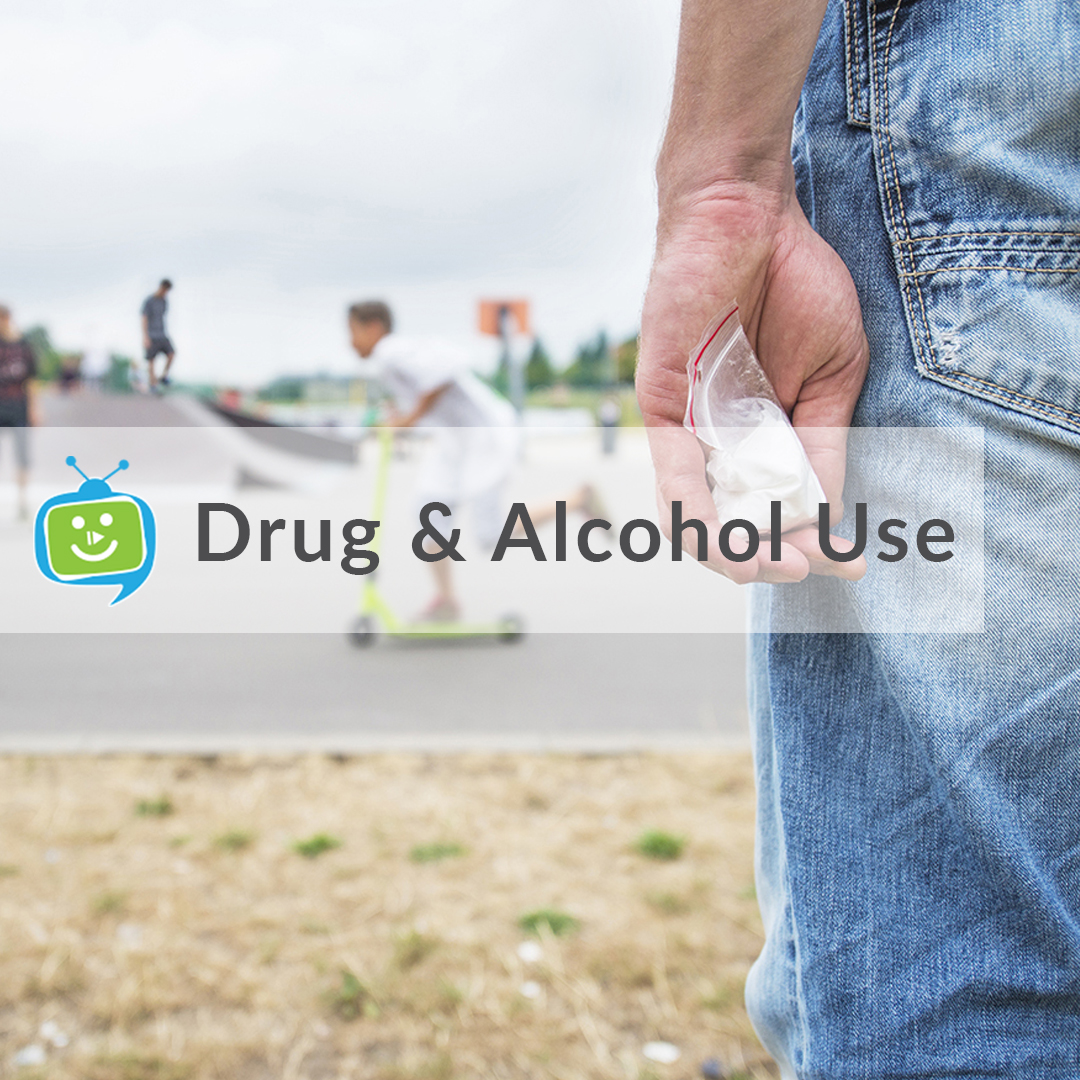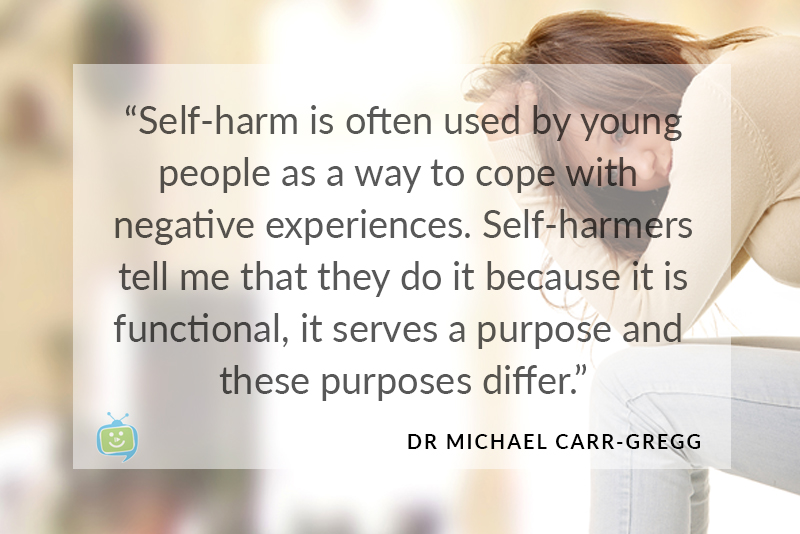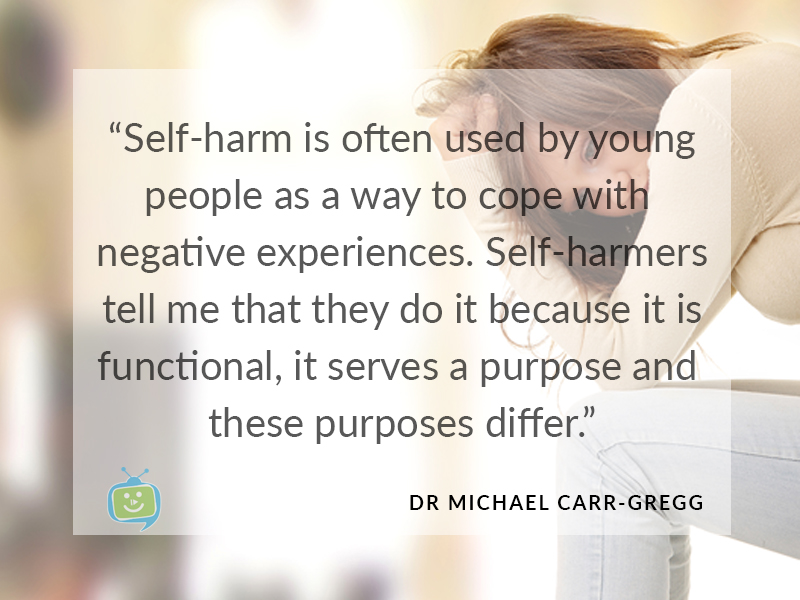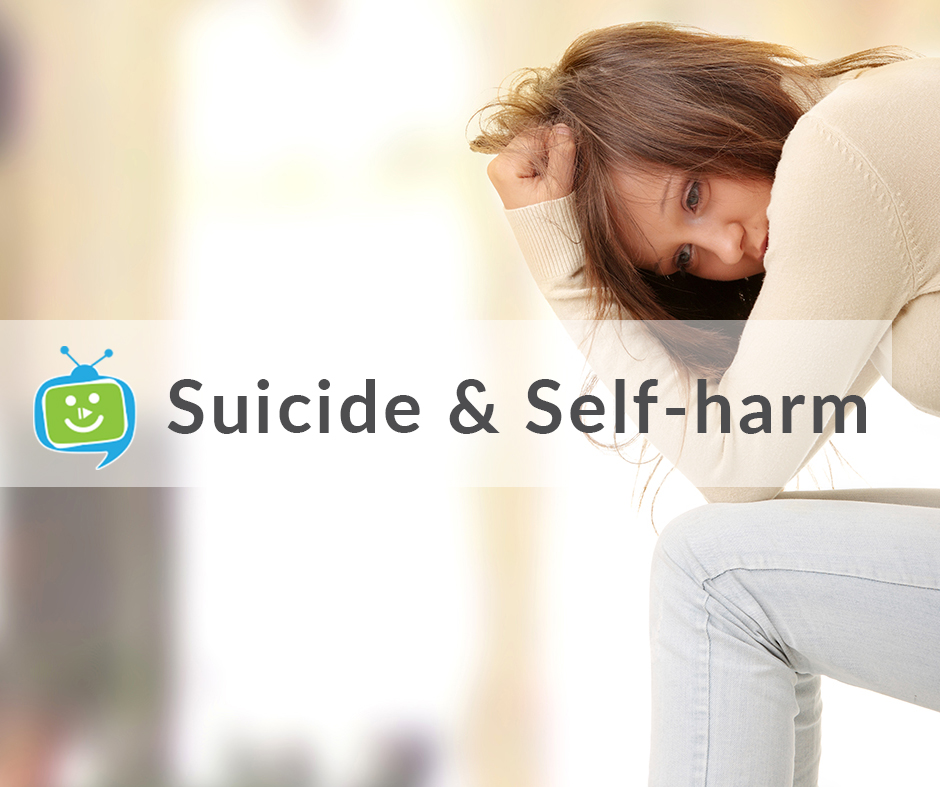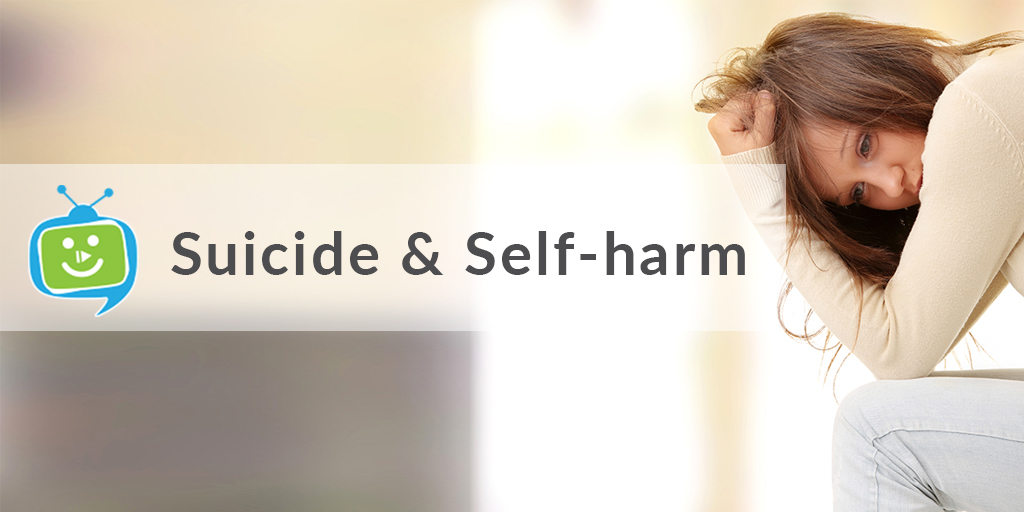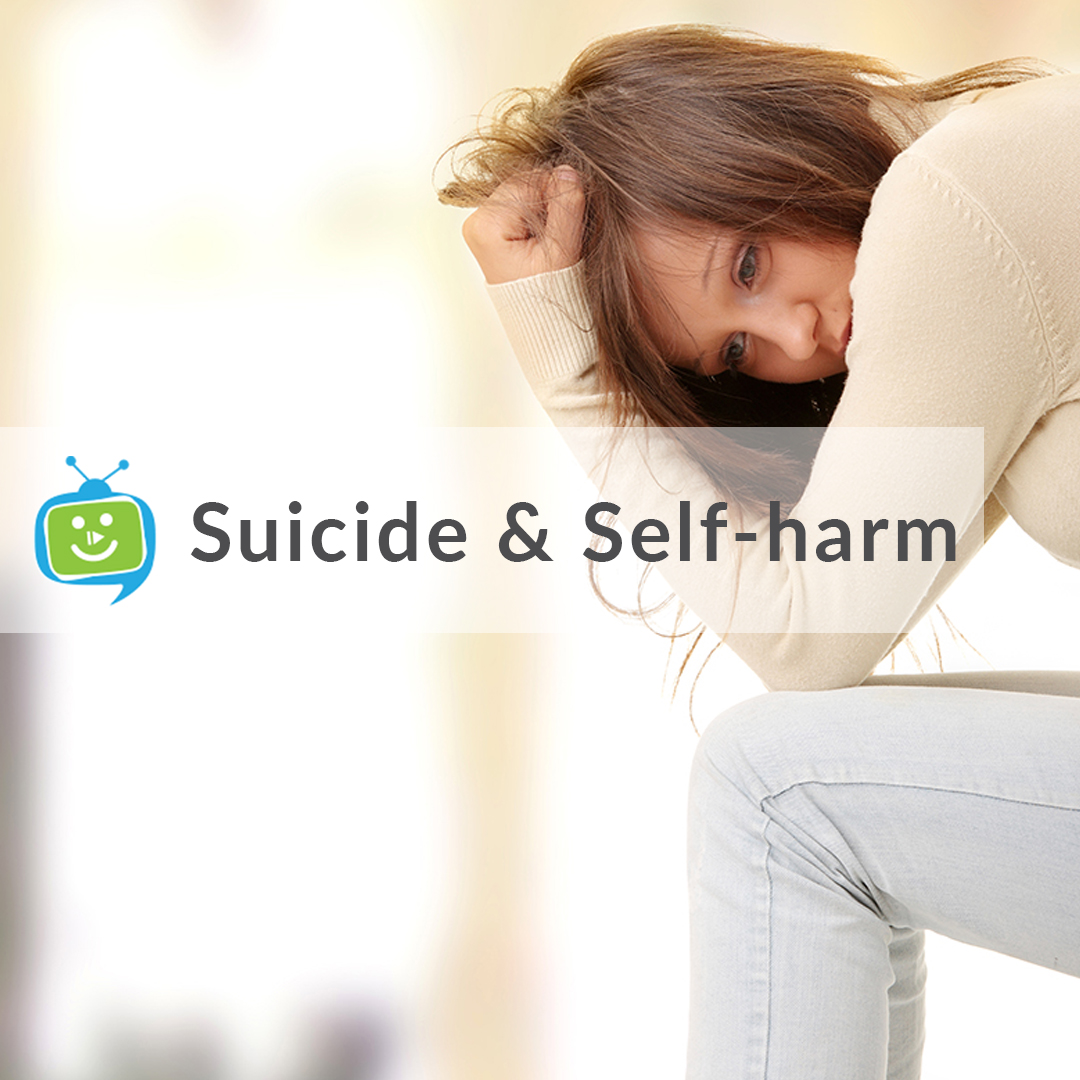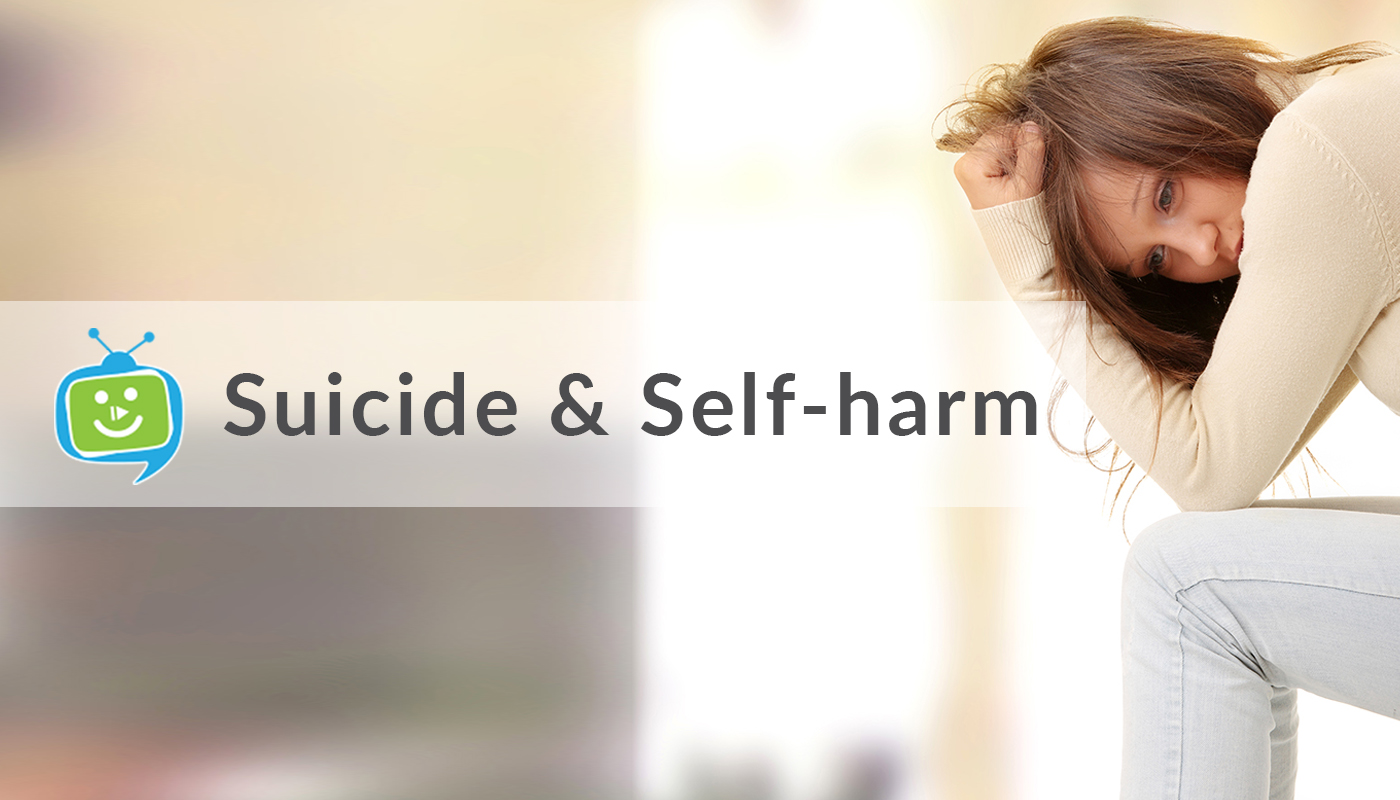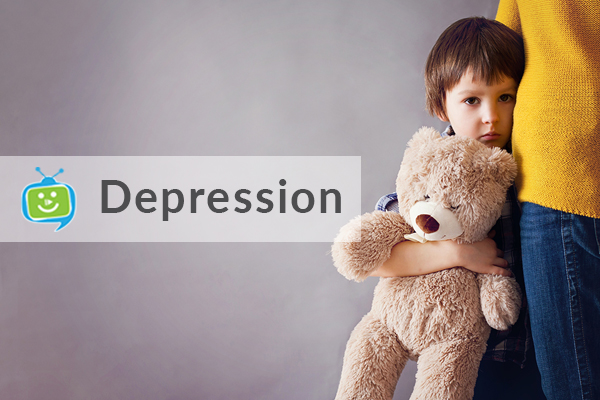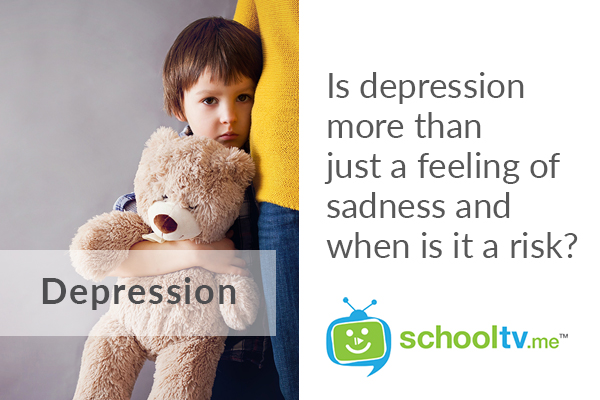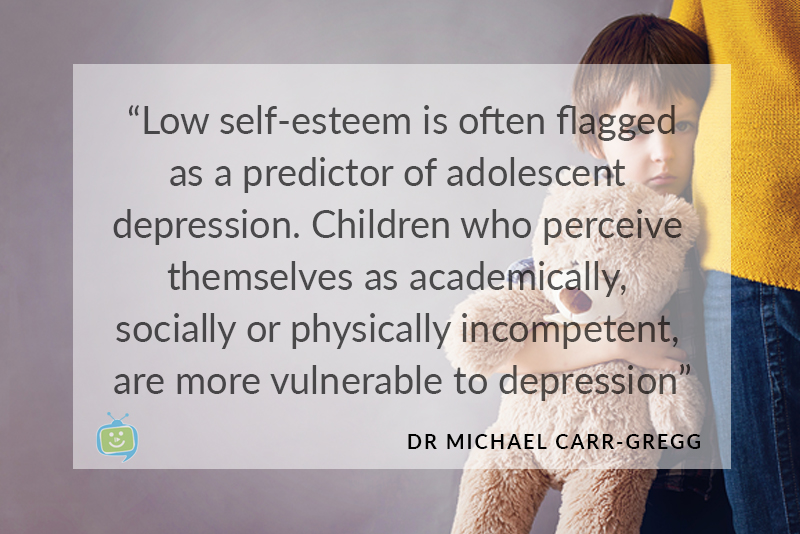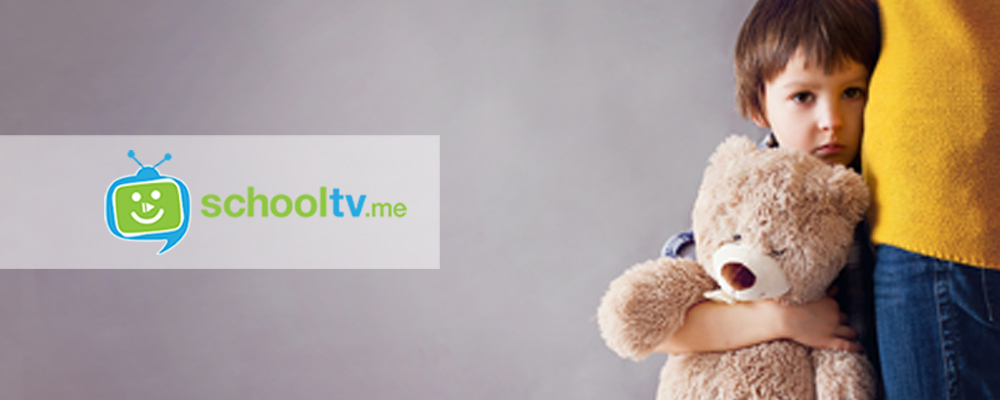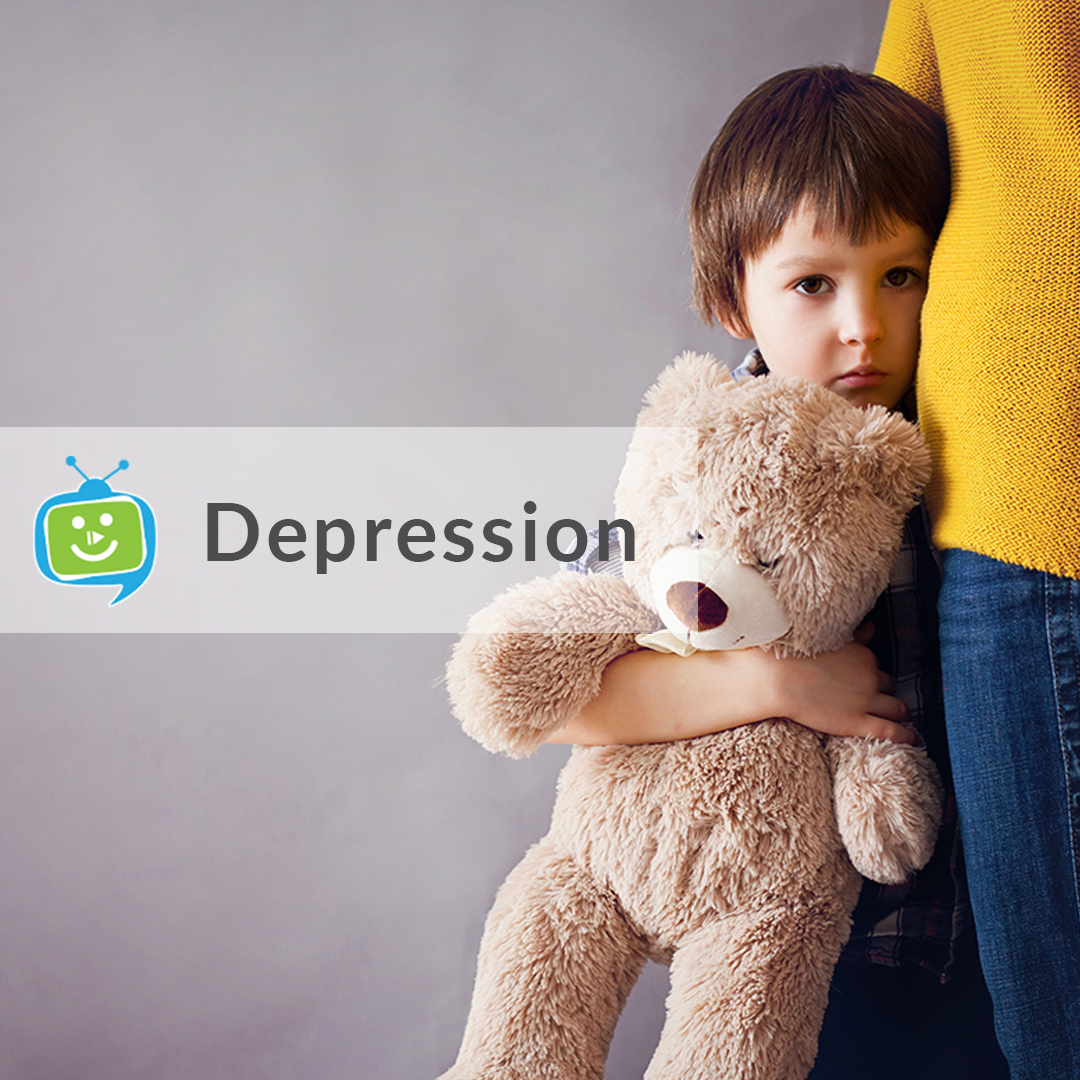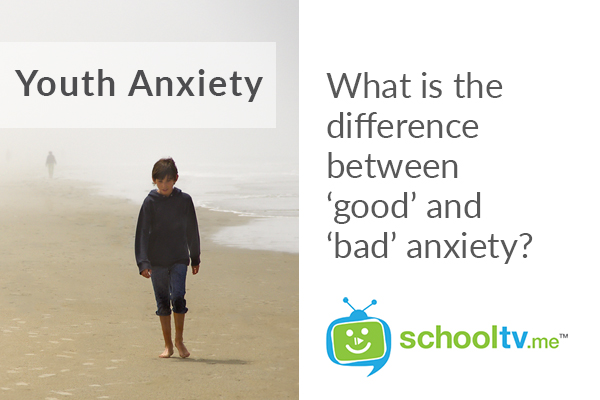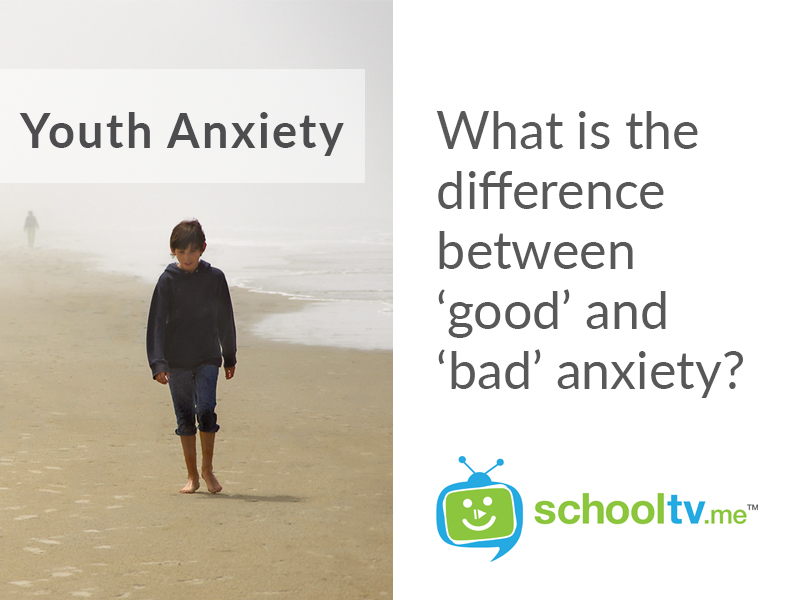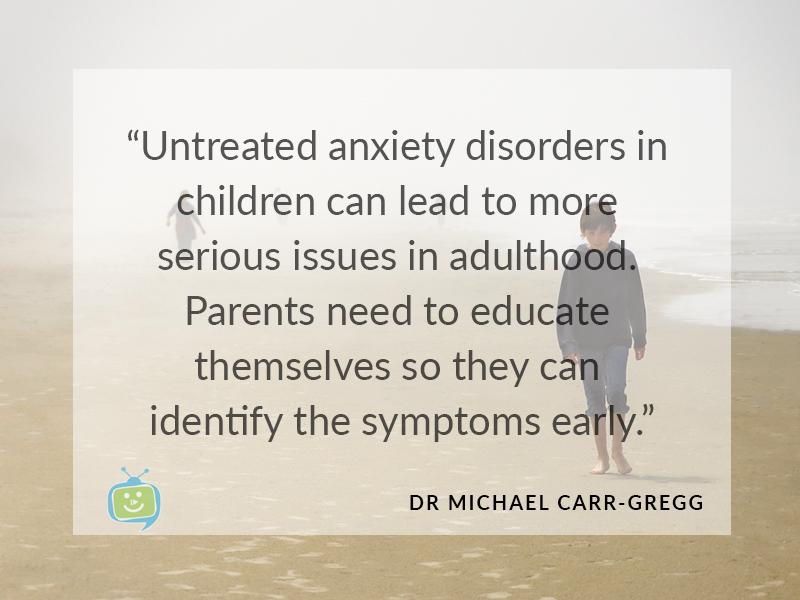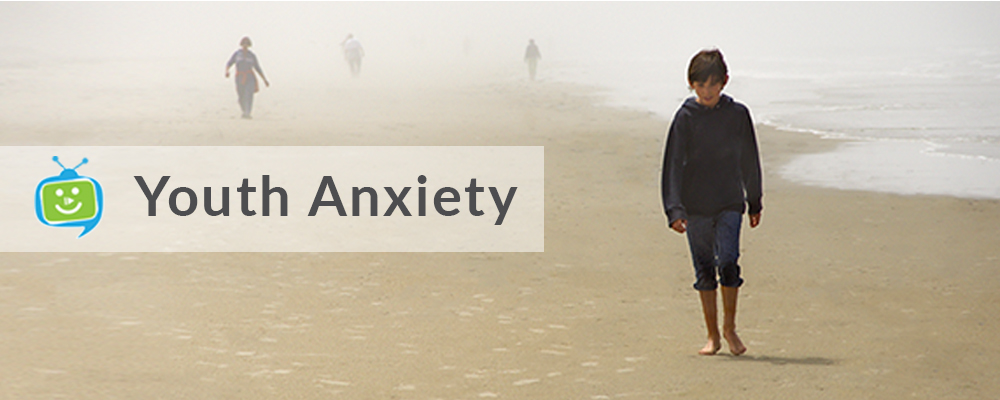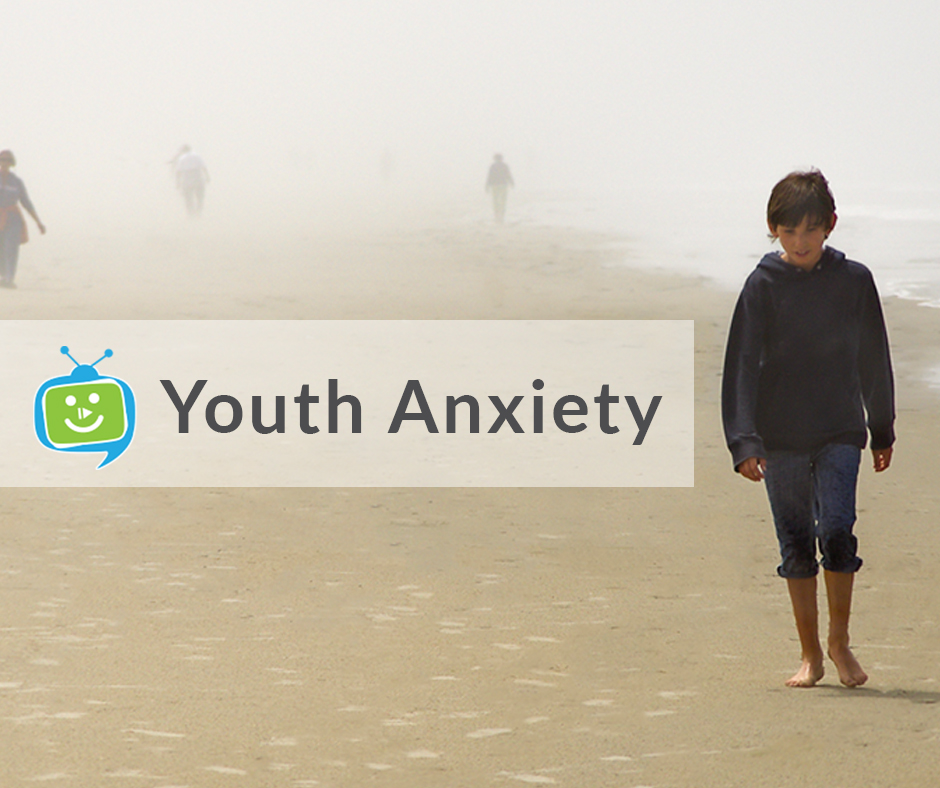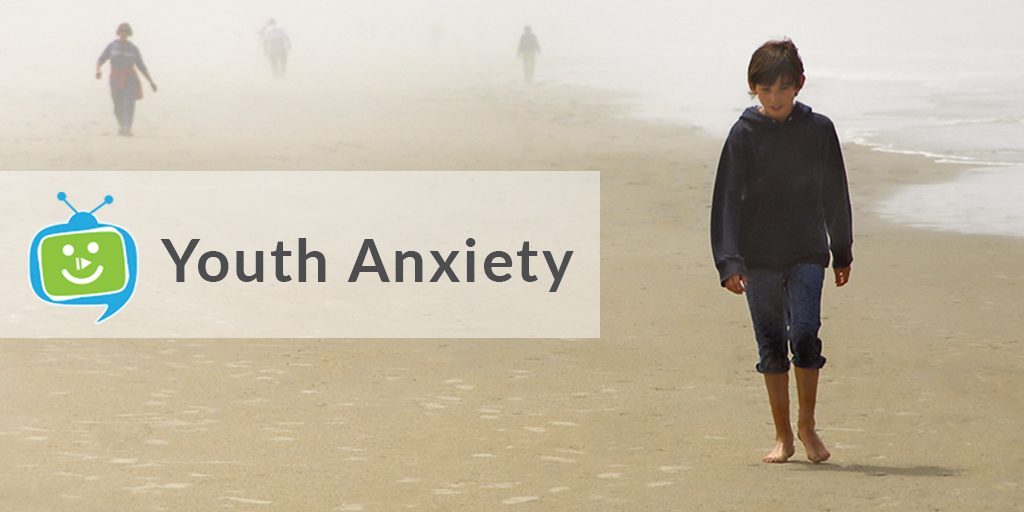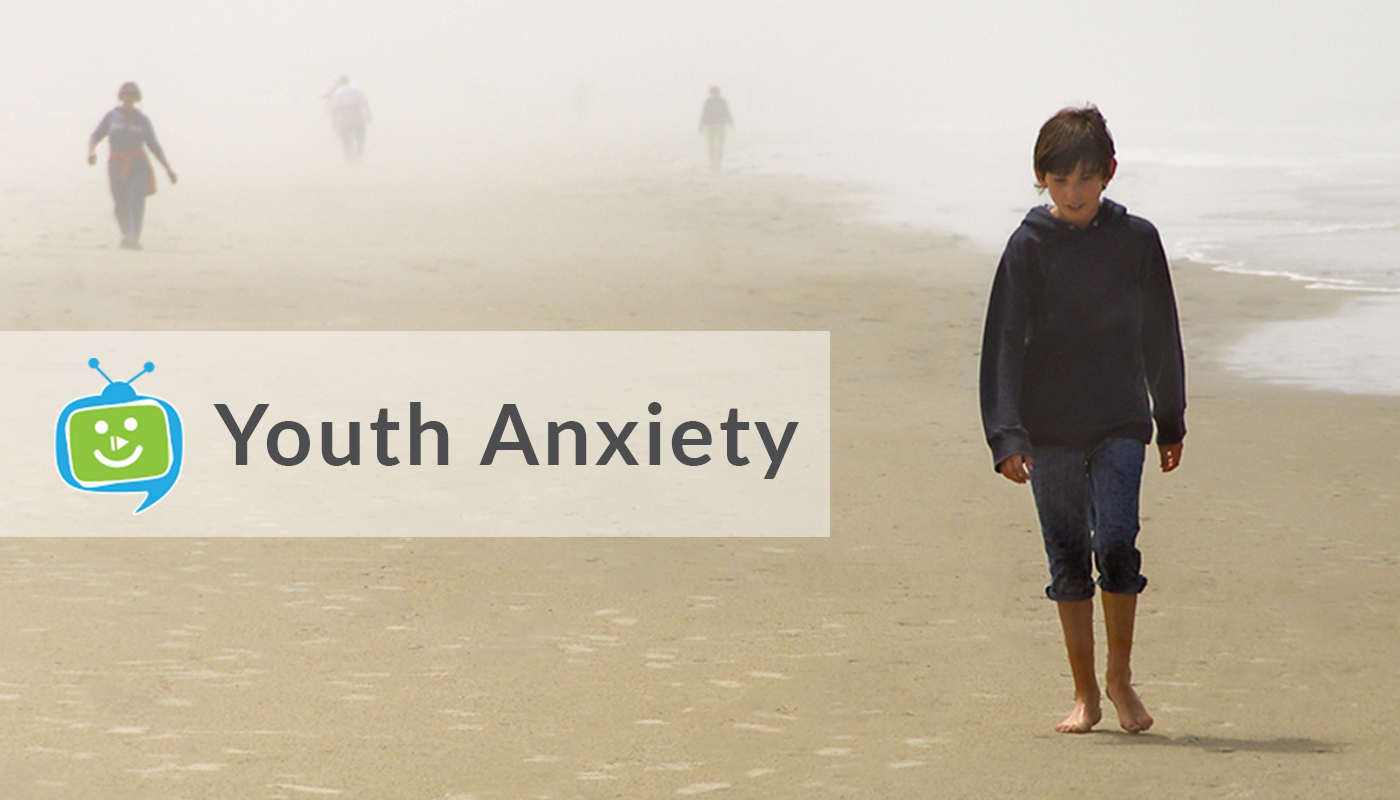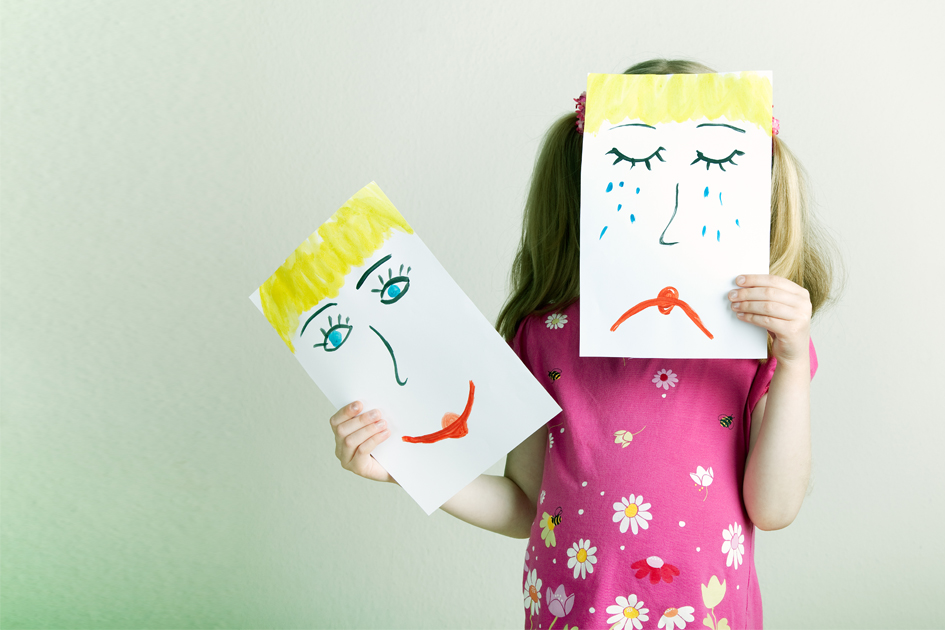
Mental Health Series
Mental health refers to an individual’s emotional, psychological and social wellbeing. It can have an impact on a child’s ability to function in daily life affecting how they think, feel and act.
Many factors contribute to child’s mental health such as biological factors, life experiences, as well as family history. It is important at every stage of life, from childhood, to adolescence, through to adulthood. Research shows that children with good mental health increase their ability to learn, be creative and more productive.

Topic: The State of Youth Mental Health - AU
In this edition of SchoolTV - The State of Youth Mental Health - AU
Parents and carers can play a crucial role in their children's mental health. As a result, staying informed on the current state of youth mental health is vital, as it not only affects individuals, but also families and communities. According to recent research, the frequency of mental health disorders among young people is increasing, with anxiety, depression, and self-harm being among the most common challenges.
One of the reasons being attributed to this rise is the heightened stress and anxiety that many young people face in today's society. Academic success, social media, and family issues are all influencing factors. Many young people are still suffering the long-term consequences of the pandemic, such as social isolation, uncertainty, and loss.
Parents can play an important role in their children's mental health. Creating a safe and open environment for your children to talk about their emotions, thoughts, and feelings is vital. Encouraging healthy habits like regular exercise, a balanced diet, and proper sleep can help reduce their stress levels and boost your child's overall mental health. There are also many resources and services available to children, adolescents, and their families, such as school counsellors, various mental health organisations, support lines, and of course, mental health professionals. It is important to remember that seeking help is a show of strength, not weakness, and that early intervention is critical in addressing young people's mental health difficulties.
This edition of SchoolTV, discusses some of the major mental health issues affecting young people and how to support a child experiencing them.
We hope you take time to reflect on the information offered in this edition of SchoolTV and we always welcome your feedback. If you have any concerns about your child, please contact the school counsellor for further information or seek medical or professional help.
Here is the link to the The State of Youth Mental Health - AU edition of SchoolTV
https://gsc.vic.schooltv.me/newsletter/state-youth-mental-health
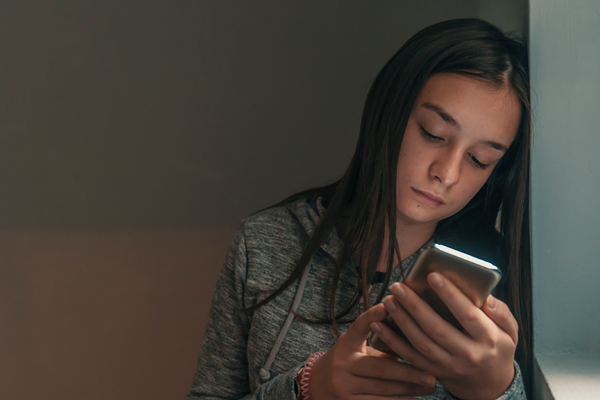
Topic: Trauma
In this edition of SchoolTV - Trauma
Children and teens will experience events during their lives that will affect them emotionally and physically. How they react to these events depends on their age, personality and past experiences. Children can experience strong feelings of fear, sadness, guilt, anger or grief, making it difficult for them to cope with everyday life.
There are a number of ways that parents and care givers can support children after a traumatic event. Your reaction to an event, will impact your child’s ability to cope and recover. Children will look to the adults in their lives to help them better understand a traumatic event so it is important to ‘tune in’ to their fears and provide them with the comfort and support they need.
In this edition of SchoolTV, parents will learn how to gain a better understanding of trauma and how it affects children of all ages.
We hope you take time to reflect on the information offered in this edition of SchoolTV and we always welcome your feedback. If you have any concerns about your child, please contact the school counsellor for further information or seek medical or professional help.
Here is the link to the Trauma edition of SchoolTV
https://gsc.vic.schooltv.me/newsletter/trauma
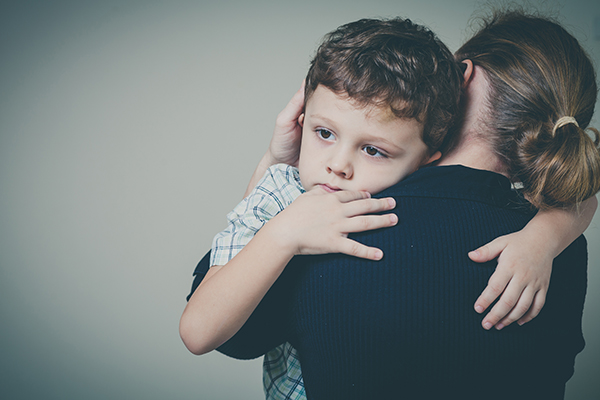
Topic: Grief & Loss
In this edition of SchoolTV - Grief & Loss
Grief is a natural response to loss. It might be the loss of a loved one, relationship or even a pet. The more significant the loss, the more intense the grief is likely to be. Children and adults grieve differently due to their developmental stage, and this can prove difficult for parents to understand.
Young children fluctuate in and out of the stages of grief rapidly, as they may not comprehend the permanency death. They express their grief more physically. Teens on the other hand may not know how to express their grief and will need some space to process their loss. Some may choose to grieve alone, not wanting to stand out or be seen as not coping. Whilst others, who may have a greater understanding, can start to question their own mortality.
In this edition of SchoolTV, parents can learn how to acknowledge their child’s feelings and the best way to support them through the grief.
We hope you take time to reflect on the information offered in this edition of SchoolTV and we always welcome your feedback. If you have any concerns about your child, please contact the school counsellor for further information or seek medical or professional help.
Here is the link to the Grief & Loss edition of SchoolTV
https://gsc.vic.schooltv.me/newsletter/grief-loss
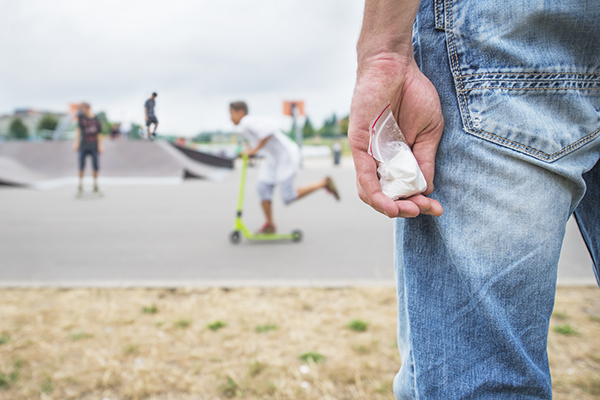
Topic: Drug & Alcohol Use
In this edition of SchoolTV - Drug & Alcohol Use
Many parents are concerned about the use of alcohol, as well as other drugs, as their children grow up. For kids, a one time or infrequent use of alcohol or drugs can unfortunately result in tragedy such as unintentional injuries, homicide or even suicide. Young people who use alcohol and drugs before their brain is fully developed, are often at greater risk of future addiction.
Research has shown that a young person’s brain keeps developing until they are in their mid-twenties, making alcohol more harmful than previously thought. Even the casual use of certain drugs can cause severe health problems, such as an overdose or brain damage. Parents will often feel overwhelmed when having to deal with substance abuse issues. However, they are encouraged to lead by example and set behavioural boundaries for their kids.
In this edition of SchoolTV parents will learn how to deal with the issues surrounding drug and alcohol use and the impact it can have on a child’s development. Alcohol and drug use can lead to serious problems such as poor academic performance, loss of friends, behavioural issues and even lasting legal problems.
We hope you take time to reflect on the information offered in this edition of SchoolTV and we always welcome your feedback. If you have any concerns about your child, please contact the school counsellor for further information or seek medical or professional help.
Here is the link to the Drug & Alcohol Use edition of SchoolTV
https://gsc.vic.schooltv.me/newsletter/drug-alcohol-use
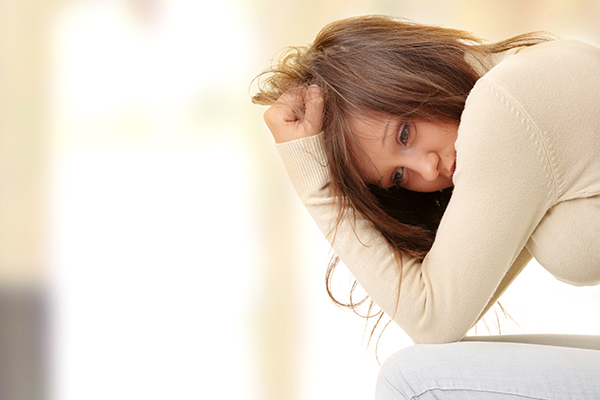
Topic: Suicide & Self-harm
In this edition of SchoolTV - Suicide & Self-harm
Young people today face a multitude of stresses in many areas of their life. Some of these stresses are the result of negative experiences. Unfortunately, as a coping mechanism, some young people resort to self-harm. The reason for this behaviour will vary for each individual, but generally, those that self-harm do not necessarily wish to commit suicide.
Tragically, suicide is the biggest killer of Australian youth and the statistics are alarming. Studies have shown that nearly 1 in 5, Year 12 students, have considered suicide or self-harm, because of exam and homework pressures. Self-harm in girls has increased by 200% over the last decade, and suicide calls to Kids Helpline have increased by 22%.
In this edition of SchoolTV, parents will learn to understand and recognise the warning signs in order to prevent the unthinkable from happening. The focus for parents should always be on identifying the underlying difficulty the child may be facing and be proactive in finding the best preventative measure.
We hope you take time to reflect on the information offered in this edition of SchoolTV and we always welcome your feedback. If you have any concerns about your child, please contact the school counsellor for further information or seek medical or professional help.
Here is the link to the Suicide & Self-harm edition of SchoolTV
https://gsc.vic.schooltv.me/newsletter/suicide-self-harm
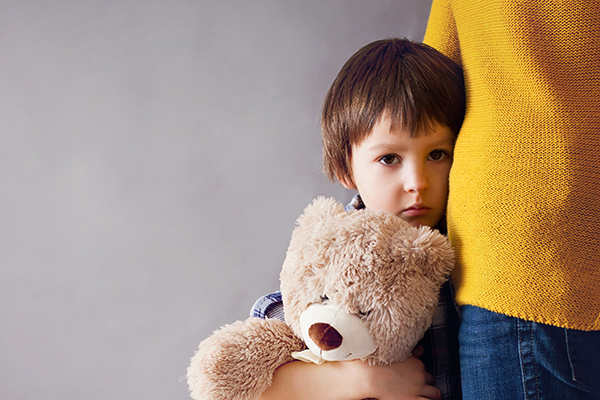
Topic: Depression
In this edition of SchoolTV - Depression
When kids feel sad, irritable or anxious most of the time, this is not considered a ‘normal’ part of adolescence. Depression may be indicated by uncharacteristic behaviour such as social withdrawal, changes to academic performance, use of drugs or alcohol, or even engaging in risky behaviour. The symptoms and signs are a combination of what a parent can see externally, plus what a child is feeling internally.
Every child can feel sad or down in response to a particular situation. However, these feelings should only last a short time and should not interfere with a child’s day-to-day activities. Should the sadness continue for longer than two weeks, then your child could be at risk of depression. This is more than just sadness, it is a serious health problem with no singular cause. Usually depression is the result of a combination of things.
In this edition of SchoolTV parents will learn how identify the signs of depression and what the effects are on their child’s wellbeing and overall health.
We hope you take time to reflect on the information offered in this edition of SchoolTV and we always welcome your feedback. If you have any concerns about your child, please contact the school counsellor for further information or seek medical or professional help.
Here is the link to the Depression edition of SchoolTV
https://gsc.vic.schooltv.me/newsletter/depression
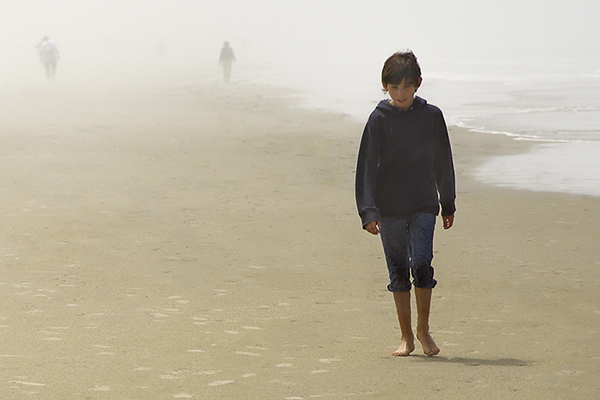
Topic: Anxiety
In this edition of SchoolTV - Anxiety
Most young people today experience anxiety at some point in their life. Sometimes that slight rush of anxiety that occurs prior to an exam or sporting event, can enhance their performance. However, experiencing too much anxiety, over long periods of time, can be extremely damaging to their health and wellbeing. There is a difference between ‘good’ and ‘bad’ anxiety.
Statistics show, that the psychological health of young people today is far worse than it was a generation ago. This is having an adverse affect on children in both primary and secondary levels. Some of their issues of concern include stress, school, study, body image and friendship.
Parents need to be aware of the warning signs of ‘bad’ anxiety. There are preventative measures parents can implement as well as teaching kids the skills to cope more efficiently with their anxiety.
We hope you take time to reflect on the information offered in this edition of SchoolTV and we always welcome your feedback. If you have any concerns about your child, please contact the school counsellor for further information or seek medical or professional help.
Here is the link to the Anxiety edition of SchoolTV
https://gsc.vic.schooltv.me/newsletter/youth-anxiety


